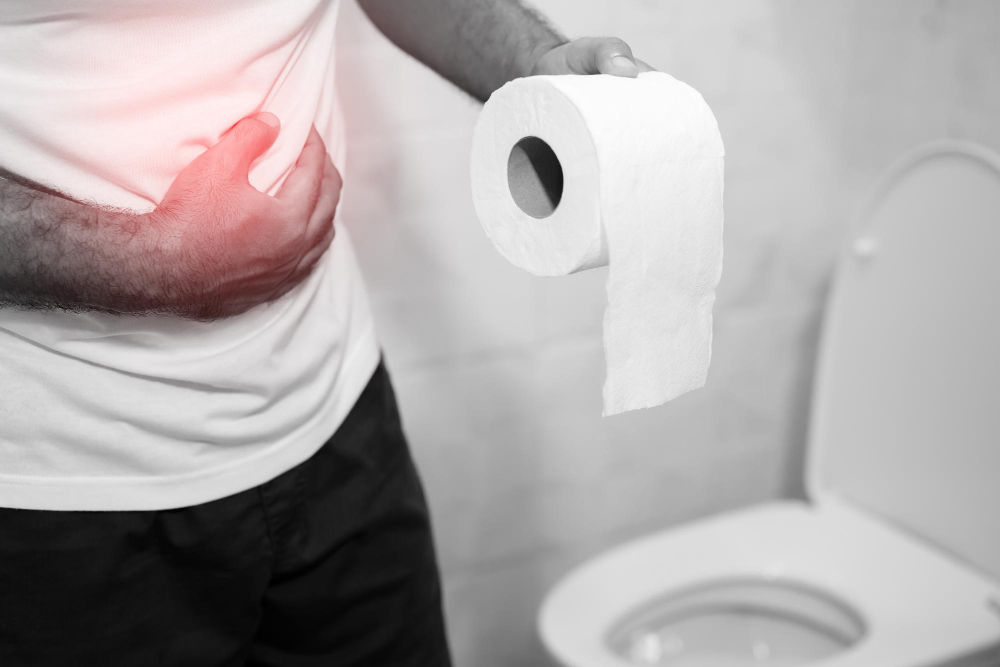What Is Constipation?
Constipation means having fewer bowel movements than usual. Most people have different patterns, but less than three times a week is often a sign. Sometimes, constipation warning signs can point to a bigger problem. Usually, stools are hard, dry, or difficult to pass. While it is common, it can be uncomfortable. According to the CDC, constipation affects many people at some point in life.
Common Causes of Constipation
Many things can cause constipation. For example, changes in diet or routine may slow your bowels. Some common causes include:
However, chronic constipation can last for weeks or longer. If you notice ongoing bowel movement problems, it is important to pay attention.
Symptoms and Warning Signs
Constipation can show up in different ways. Most people notice these signs:
But sometimes, constipation warning signs can mean something more serious. For instance, watch for these signs of serious constipation:
If you notice these, you should seek help right away.
When Is Constipation a Serious Problem?
Most constipation is not dangerous. Yet, severe constipation or sudden changes can be a warning. For example, if you have not had a bowel movement in over a week, or if you have pain, it could be a sign of a blockage. Sometimes, chronic constipation can point to other health issues, such as colon problems. Therefore, do not ignore ongoing or severe symptoms.
Diagnosis and Medical Evaluation
Doctors use questions and tests to find the cause of constipation. First, they may ask about your diet, habits, and medicines. Sometimes, they will do a physical exam. In some cases, tests like blood work, X-rays, or a colonoscopy may be needed. These help rule out serious causes, like blockages or diseases. Early diagnosis can help prevent problems.
Treatment Options
Treatment depends on the cause. Often, simple changes can help. For mild cases, doctors may suggest:
For chronic constipation, doctors may recommend:
However, always talk to a doctor before starting new treatments.
Prevention and Lifestyle Tips
Good habits can help prevent constipation. Here are some tips:
In addition, managing stress can also help your bowels work better.
When to See a Doctor
Most cases of constipation get better with simple changes. But sometimes, you need medical help. See a doctor if you:
Early care can prevent serious problems. If you notice any warning signs of constipation, consult a healthcare professional for personalized advice.
